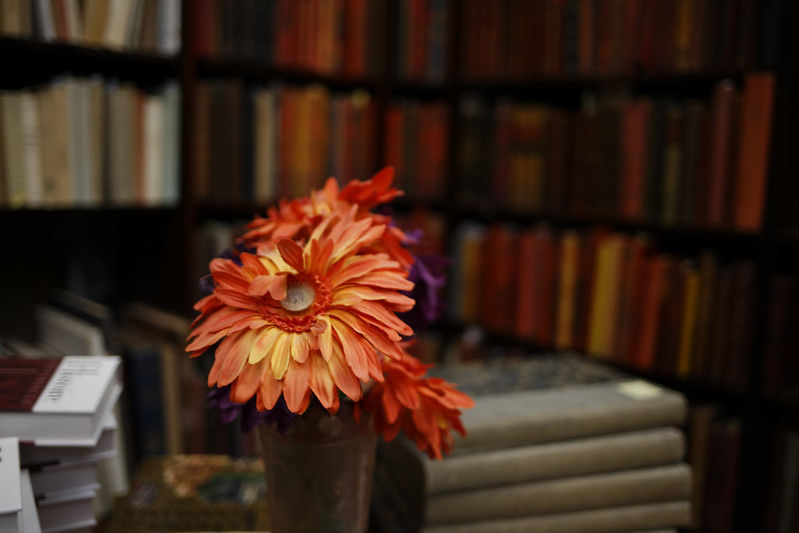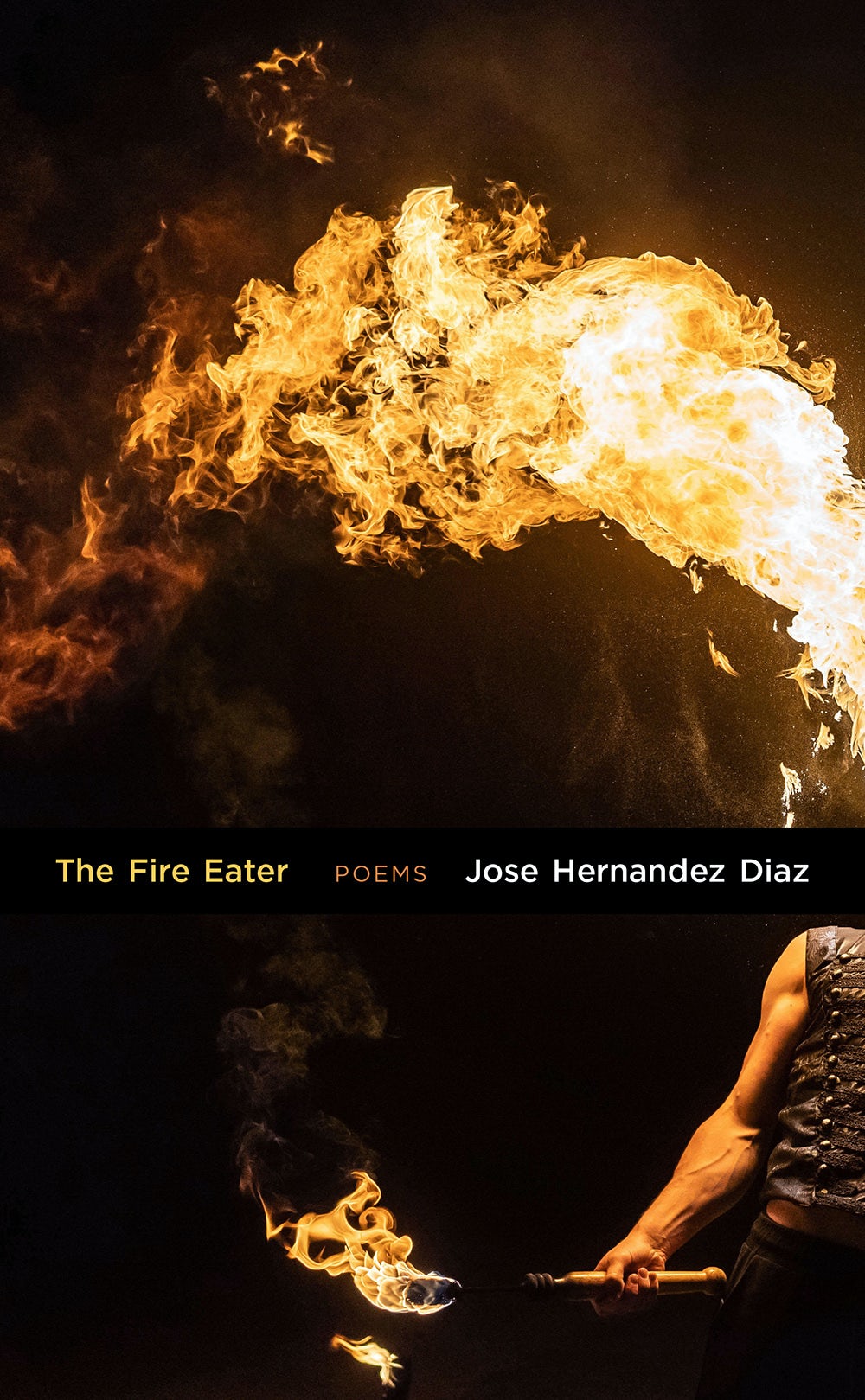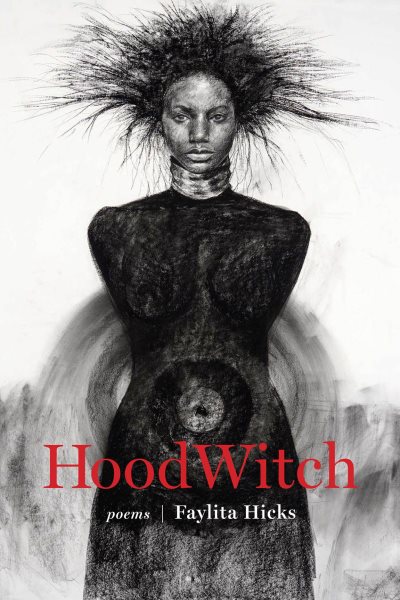Find the perfect gift for the writer or reader in your life in our online store. Take 20% your entire order with the code STAYHOME2020, now through Christmas!
The pandemic made 2020 a difficult time for acclaimed and emerging poets to share and promote their work. In spite of, or perhaps because of that, it has been wonderful to see community- and coalition-building among poets and writers who want to support one another by offering their time and services leading free virtual workshops, creating resources for emerging poets, and participating in mutual aid movements. 2020 has thrown into stark relief the many ways that this year is difficult for everyone, and disproportionately difficult for marginalized writers. But in response, poets and artists continue to demonstrate that the ways that we build community have to be reimagined, and that we can connect across virtual spaces in sustainable and innovative ways.
But coming together as a community doesn’t mean erasing our differences. This year, it’s also been exciting to see poets of Latin American, Caribbean, African, and Indigenous descent challenging “latinidad” as a homogenous label (in contrast, for instance, to news articles about courting the “Latino vote,” as if that’s one thing). Instead, Latin American, Black, and Indigenous poets are writing about the specificity of their experiences, especially breaking down their relationships to immigration, gender, and queerness, and showing that there is not one Latinx experience, and not one story.
The BreakBeat Poets Vol. 4: LatiNext Anthology edited by Felicia Rose Chavez, José Olivarez, and Willie Perdomo
This anthology, the fourth volume in the BreakBeat Poets series, is a vast and beautiful compilation of poets whose work provides an array of experiences from the U.S. and Latin America. There are innumerable poems in this collection that are stirring and require further reading, but one of my favorites is “In Another Life” by Janel Pineda, who imagines a reality separate from but tied to our own in which the violence of U.S. intervention and civil unrest in El Salvador never happened and her family and community had what they needed to thrive. Other poems that I enjoyed were Mauricio Novoa’s poem “Dandelion Graves,” Samuel Miranda’s “We Is,” Julian Randall’s “Translation” and Elisabet Velasquez’s “Everybody Loves Cardi B But.”
Catrachos by Roy G. Guzmán
In Guzmán’s debut collection, they chronicle immigrant experiences with the state violence of U.S. immigration authorities, coming of age as a queer person in Honduras and in the Catholic church and communal solidarity with playful and inventive lyricism, incorporating references to paleontology, music and pop culture in their poems. A series of poems entitled “Queerodactyl” in the book depict a creature that seeks to survive in the face of violence and extinction, imagining queer people’s resilience as both necessary and mocking the excavation and study of this resilience, saying in one of these poems, “Who will, in the end, exhume our myths conclusively?”
A Homegrown Fairytale by Suzi F. Garcia
In A Home Grown Fairy Tale, Garcia reimagines the Wizard of Oz and Dorothy’s story as a queer love story where fantasy, sensuality, and magic inform the voices of the poems. One series of epistolary poems in the chapbook entitled “Dear Dorothy” imagines a queer lover speaking to Dorothy about her experiences, imploring Dorothy to see the elemental magic in her being. Garcia’s work evokes accepting one’s power in the fables and fairytales that shape us.

Thrown in the Throat by Benjamin Garcia
Benjamin Garcia’s debut collection won the National Poetry Series. Thrown in the Throat is a rich space that honors the textured beauty of queer sex and the resilience of undocumented and migrant peoples against state violence where family is both refuge and the people who can hurts us the most. In his poem, “Huitlacoche,” Garcia writes, “Tongues make mistakes, and mistakes make languages,” showing the evolution of how we name pleasure, violence, and our own identities.
Despojo by Tatiana Figueroa Ramírez
This chapbook’s dedication begins, “These poems are for the ones who need a cleansing, a stripping, a removal, un despojo of the vibrations holding them back from living in their true light.” That is what Despojo is, a cleansing, but also a space to mark what needs to be cleansed, from the hurt of familial pain, sexual violence, medical trauma, and racial violence. Figueroa Ramírez’s work honors her Afroboriqua roots and her own connection to ancestral legacies to inhabit her most true self.
What Remains by Claudia Delfina Cardona
What Remains is Cardona’s first book and winner of the Host Publication’s Fall 2020 Chapbook Prize. This collection is a love letter to San Antonio, Texas, where Cardona grew up. Cardona’s writing is cinematic, transporting the reader into the poems’ pulsing, beating heart filled with the impulsive desire to connect, to love, and to be recognized in the heart of another. Cardona even curated a playlist, “Pinwheel of Light: A Playlist for What Remains” to accompany her book, giving readers an entire immersive experience.
The Fire Eater: Poems by José Hernández Díaz
The prose poems in Hernández Díaz’s debut chapbook take the reader on many surreal journeys into the brief and magical lives of characters such as a skeleton in a graveyard, a seagull, a jaguar, and others set in the backdrop of the poet’s native L.A. Each poem tells a story about its subjects and lays bare their nature. One of my favorites is, “Not a Wall,” in which a man writes a scathing letter to a wall reminiscent of the U.S./Mexico border wall to strip it of its power.
Hoodwitch by Faylita Hicks
Hoodwitch—the debut from poet, performer, and community organizer Faylita Hicks—is a powerfully tender collection of poems that honors the care that Black women and femmes give to one another and the need to protect them from police violence, patriarchal violence, medical trauma, and grief. These poems celebrate the beauty of Black femme sexuality, love, queer motherhood, and ownership of one’s own body and destiny.
Guillotine by Eduardo C. Corral
Guillotine, Eduardo C. Corral’s second collection of poetry, is just as striking as his first collection, Slow Lightning. Corral explores and embodies both the interior voices of migrant peoples crossing the desert border and those in power who would displace or attack them. This collection depicts loss and love through an immigrant experience where unrequited queer desires are weaved through the poems.
The Most Spectacular Mistake by Anatalia Vallez
Vallez’s debut collection is an ode to self-discovery, to tenderness, and to understanding how the lineages of love, pain, and traumalive in the body. In these poems, knowing this means to unwrap the hold of patriarchal and colonial violence from this body to love oneself more deeply with an ancestral knowledge that is inextricable from the self. “How to Have a Good Cry” is one of my favorites from this collection, and I read it when I need a reminder to be tender with myself.









